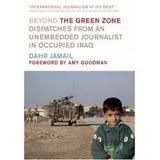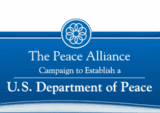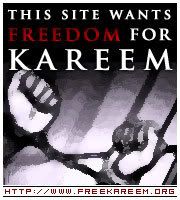If you thought things were bad, with a barrel of crude oil at $136 and the oil heartlands of our planet verging on chaos, don’t be surprised, but you may still have something to look forward to. Alexei Miller, chairman of Russia’s vast state-owned energy monopoly, Gazprom, just suggested that, within 18 months, that same barrel could be selling for a nifty $250. Put that in your tank and… well, don’t drive it. It will be far too valuable.
Think of Miller’s sobering prediction as, at least in part, a result of the Bush administration’s attempt to “secure” the Middle East and the oil-rich Caspian basin by force in two failing wars (and occupations). Now, imagine for a moment, what his price scenario might be if, as journalist Jim Lobe — never one to leap from rumors to sensational conclusions — recently suggested, forces in the Bush administration (and in Israel) in favor of launching an air campaign against Iran are gaining strength. Just the suggestion last week by Shaul Mofaz, an Israeli deputy prime minister, that an attack on Iran is “unavoidable” if that country doesn’t halt its nuclear program — “If Iran continues with its program for developing nuclear weapons, we will attack it. The sanctions are ineffective.” — helped send the price of crude oil soaring. Imagine what an actual air attack might do.
You know that old joke: military justice is to justice as military music is to music; well, someday, not so far into the future, a similar, though far grimmer joke, is likely to be made about Washington’s attempts to secure the U.S. oil supply by military means. In the meantime, Michael Klare, author most recently of Rising Powers, Shrinking Planet: The New Geopolitics of Energy, considers the madness of Washington’s long-term militarization of oil delivery and the devastating oil wars that have resulted. (His previous book, Blood and Oil, by the way, has recently been turned into a documentary film. Check it out.) Tom
Garrisoning the Global Gas Station
By Michael T. Klare
American policymakers have long viewed the protection of overseas oil supplies as an essential matter of “national security,” requiring the threat of — and sometimes the use of — military force. This is now an unquestioned part of American foreign policy.
On this basis, the first Bush administration fought a war against Iraq in 1990-1991 and the second Bush administration invaded Iraq in 2003. With global oil prices soaring and oil reserves expected to dwindle in the years ahead, military force is sure to be seen by whatever new administration enters Washington in January 2009 as the ultimate guarantor of our well-being in the oil heartlands of the planet. But with the costs of militarized oil operations — in both blood and dollars — rising precipitously isn’t it time to challenge such “wisdom”? Isn’t it time to ask whether the U.S. military has anything reasonable to do with American energy security, and whether a reliance on military force, when it comes to energy policy, is practical, affordable, or justifiable?
How Energy Policy Got Militarized






































![Campaign for Innocent Victims In Conflict[CIVIC] CIVIC](http://i160.photobucket.com/albums/t193/Annamarie_033/CIVIClogo.gif)








![British daily newspaper Daily Mail [UK]](http://i160.photobucket.com/albums/t193/Annamarie_033/mHead2.gif)




































































































































